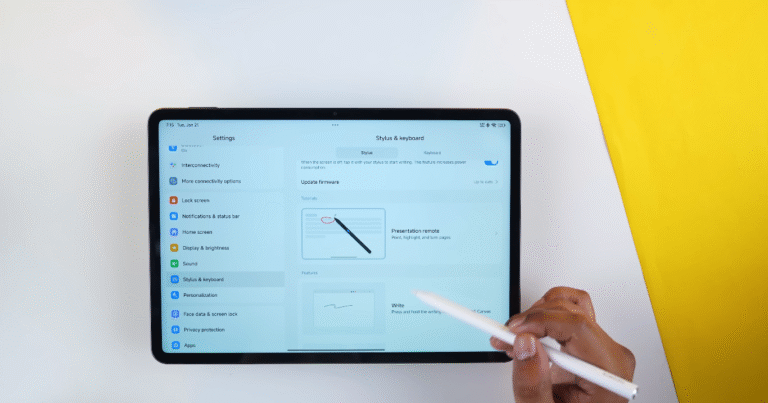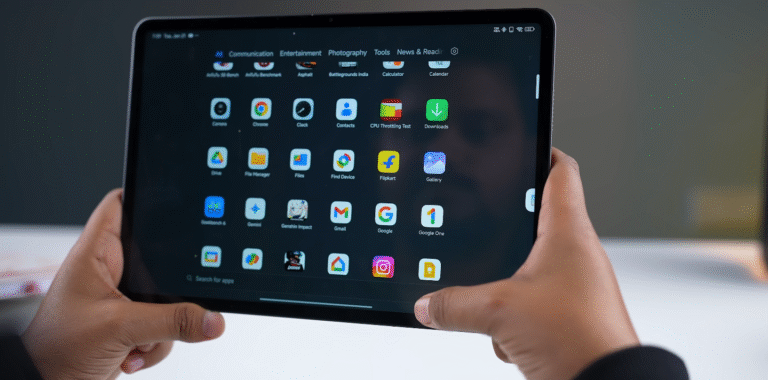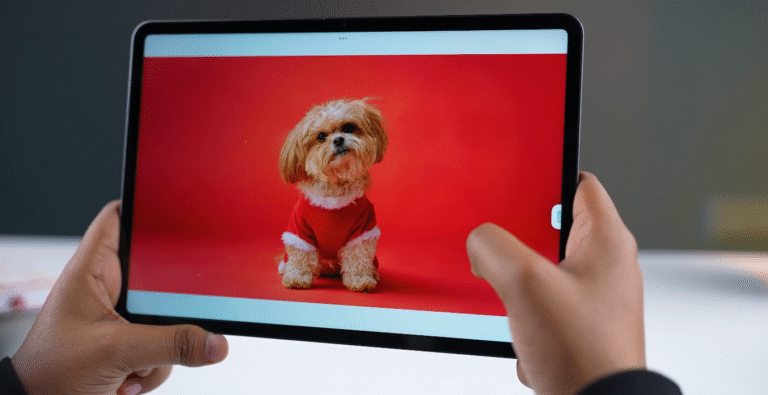Samsung Galaxy Tab S11 Ultra vs Galaxy Book 4 tablet test
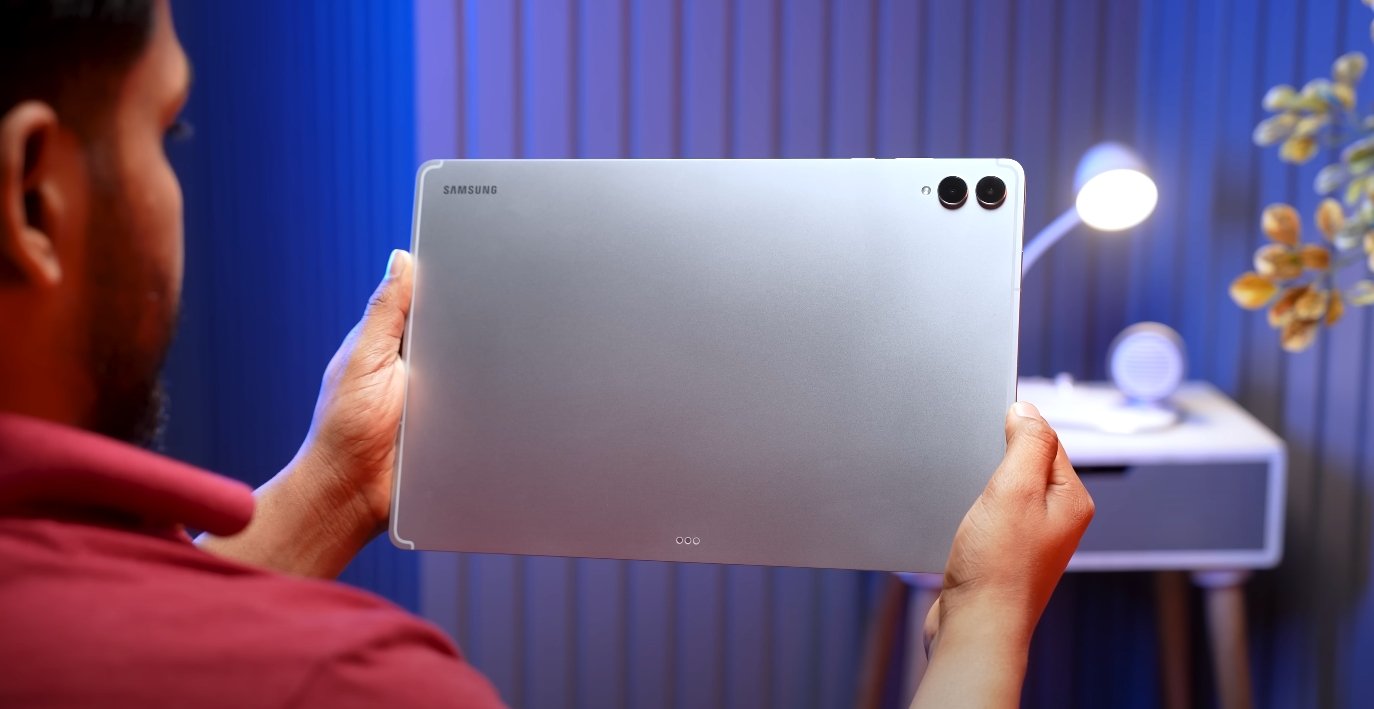
Performance Showdown Between Samsung’s Flagship Tablet and Convertible
Samsung has been pushing the boundaries of portable computing, and its latest flagship devices—the Galaxy Tab S11 Ultra and the Galaxy Book 4—represent two distinct visions of performance and productivity. While the Tab S11 Ultra is designed as a premium Android tablet focused on creativity and mobility, the Galaxy Book 4 stands as a full-fledged Windows machine aimed at professional workflows. A detailed performance and usability test reveals how both devices perform when put side by side in real-world scenarios.
The Galaxy Tab S11 Ultra carries a massive 14.6-inch Dynamic AMOLED 2X display with a 120Hz refresh rate, making it ideal for vibrant visuals, multitasking, and S Pen usage. It features ultra-thin bezels, a premium aluminum frame, and IP68 water resistance—something rarely seen in large tablets. The tablet feels like a mix between portability and power, striking a balance for those who need entertainment and creativity on the go. On the other hand, the Galaxy Book 4, though slightly heavier, offers a 14-inch Super AMOLED touchscreen in a 2-in-1 format that supports pen input as well. Its build quality is premium and closer to an ultrabook, making it a strong contender for those who prefer traditional computing power.
Performance tests show how different these devices truly are. The Galaxy Tab S11 Ultra is powered by the Snapdragon 8 Gen 3 for Galaxy chipset paired with up to 16GB of RAM and 1TB storage. It runs on Android 16 with Samsung’s One UI 8, offering optimized multitasking and Samsung DeX for a desktop-like experience. The Galaxy Book 4, meanwhile, is equipped with Intel’s Core Ultra processor and integrated Intel Arc graphics, running Windows 11. Benchmark results reveal that while the Tab S11 Ultra handles creative and entertainment tasks smoothly, the Galaxy Book 4 dominates in raw performance, file rendering, and multitasking under heavy workloads.
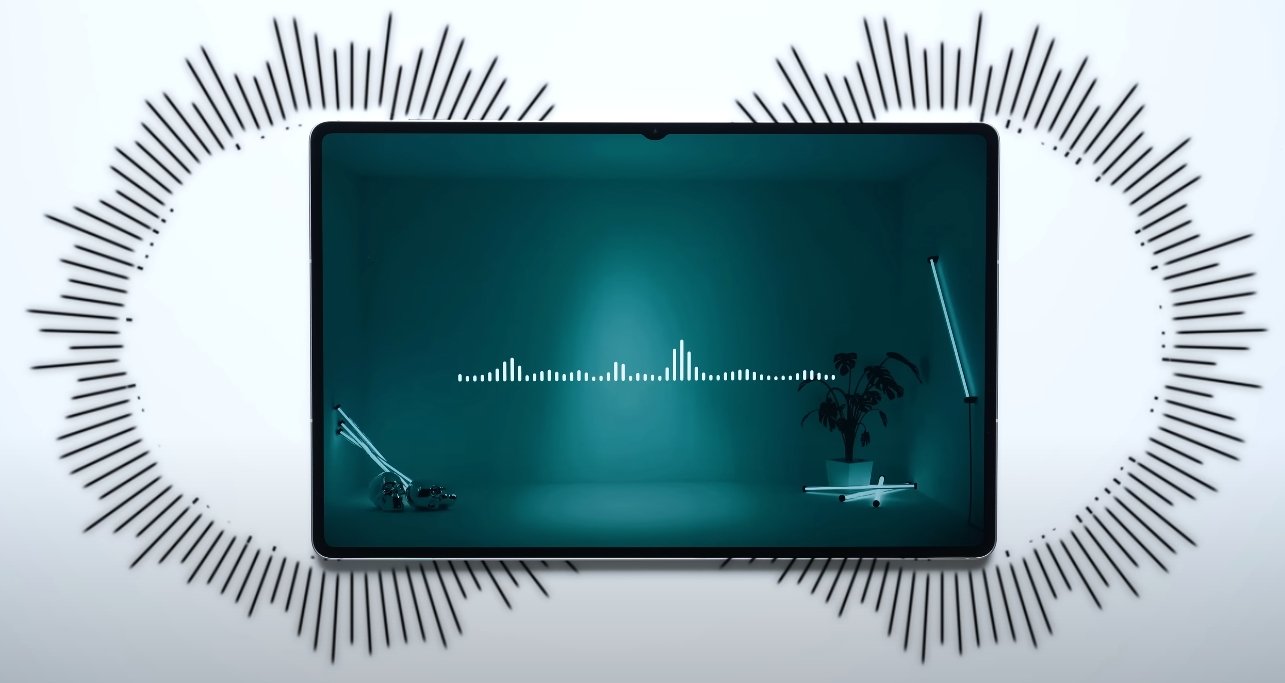
Battery life testing further highlights their target audiences. The Tab S11 Ultra packs an 11,600mAh battery, lasting roughly 10 to 12 hours of continuous use depending on brightness and task intensity. It supports 45W fast charging, which takes around two hours for a full top-up. The Galaxy Book 4, with its 65Wh battery, lasts between 8 and 10 hours depending on CPU load and brightness. Though slightly shorter in duration, its ability to handle desktop-level applications gives it an edge for professionals who prioritize functionality over longevity. Both devices perform admirably, but the Tab S11 Ultra offers superior endurance for travel and outdoor work.
When it comes to productivity, the difference between Android and Windows becomes clear. The Galaxy Tab S11 Ultra excels in note-taking, digital art, and media consumption. The S Pen’s latency has been reduced further, allowing for precise input and realistic handwriting. Samsung Notes syncs seamlessly across devices, and DeX mode enables a multi-window setup similar to a desktop interface. However, it still relies heavily on Android apps, which limits its use in certain professional workflows. The Galaxy Book 4, being a full Windows machine, supports desktop-grade applications like Photoshop, Excel, and Premiere Pro without compromise. The keyboard and trackpad experience further enhance its professional usability, making it ideal for office, editing, and academic work.
Gaming and multimedia tests provide another interesting contrast. The Tab S11 Ultra, with its 120Hz AMOLED display and stereo speakers, delivers exceptional visual fidelity and audio immersion. Games like Genshin Impact and Call of Duty Mobile run smoothly at high settings, though thermal management ensures sustained performance without overheating. The Galaxy Book 4, despite lacking a dedicated GPU in most models, performs decently in light gaming and video editing. Its focus remains on productivity, but the AMOLED screen ensures vivid viewing for movies and casual games alike.
Design flexibility is another deciding factor. The Tab S11 Ultra, despite its large size, remains lighter and easier to carry than the Galaxy Book 4. Its detachable keyboard case adds laptop-like convenience without much bulk. The Galaxy Book 4, while portable, is still more traditional in form and less suitable for handheld use. In versatility, the Tab S11 Ultra feels more adaptable for students, artists, and travelers, while the Book 4 is perfect for office users and professionals requiring desktop-class stability.
In conclusion, both the Samsung Galaxy Tab S11 Ultra and the Galaxy Book 4 represent two powerful sides of Samsung’s ecosystem. The Tab S11 Ultra is the ultimate tablet for creative professionals and entertainment enthusiasts, offering a blend of display excellence, battery life, and portability. The Galaxy Book 4, however, remains the better option for those who need uncompromising computing power, full software compatibility, and a true laptop experience. Choosing between them ultimately depends on what you prioritize—freedom and creativity with Android, or full-scale productivity with Windows. Either way, Samsung has successfully positioned both devices as leaders in their respective categories, giving users the freedom to work and create without limits.

